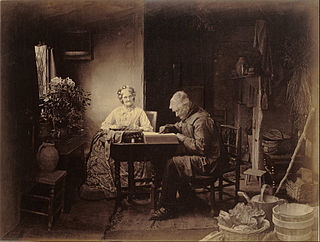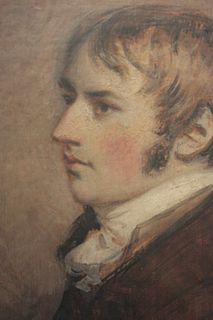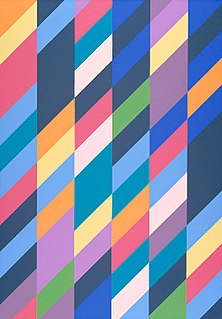A Quote by Joshua Reynolds
It is vain for painters... to endeavour to invent without materials on which the mind may work.
Related Quotes
Without Christ, sciences in every department are vain....The man who knows not God is vain, though he should be conversant with every branch of learning. Nay more, we may affirm this too with truth, that these choice gifts of God -- expertness of mind, acuteness of judgment, liberal sciences, and acquaintance with languages, are in a manner profaned in every instance in which they fall to the lot of wicked men.
I work on two levels. I occupy my conscious mind with things to do, lines to draw, movements to organize, rhythms to invent. In fact, I keep myself occupied. But that allows other things to happen which I'm not controlling... the more I exercise my conscious mind, the more open the other things may find that they can come through.
Without undervaluing any other human agency, it may be safely affirmed that the Common School, improved and energized, as it can easily be, may become the most effective and benignant of all the forces of civilization. Two reasons sustain this position. In the first place, there is a universality in its operation, which can be affirmed of no other institution whatever... And, in the second place, the materials upon which it operates are so pliant and ductile as to be susceptible of assuming a greater variety of forms than any other earthly work of the Creator.
By all means attend to your duties. Action, in which you are not emotionally involved and which is beneficial and does not cause suffering will not bind you. You may be engaged in several directions and work with enormous zest, yet remain inwardly free and quiet, with a mirror like mind, which reflects all, without being affected.
It isn't a hunch but the subconscious mind, which is the creative mind, at work. That is the mind which makes artists do things without their knowing how they came to do them. Perhaps with me it was the cumulative effect of a lot of little things individually insignificant but collectively powerful.








































